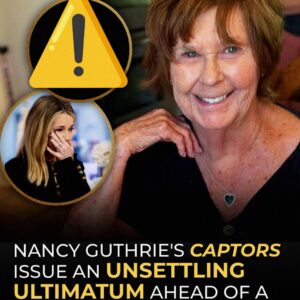I used to work at a diner where rude customers were common, but one woman stuck in my mind. She snapped her fingers, didn’t tip, and even wrote “Try smiling more” on the receipt. I snapped back, writing, “Try tipping more.” Days later, she returned and shocked me by apologizing. She revealed that her son had died a month earlier, and that day had been his birthday. She wasn’t angry at me—she was grieving. From then on, she became a regular, and we built a quiet friendship as she shared stories about her son, Jonah.
One day, she left me a note and a $500 check, saying I had reminded her kindness still existed. That money saved me from eviction. Later, her brother Greg approached me with an opportunity to help run a new diner called Second Serve, a place for people needing a fresh start—former inmates, homeless youth, and others rebuilding their lives. I took the leap, and soon, our diner became a hub of second chances. I mentored people like Ramon, who had been in prison, and Kayla, a homeless teen, helping them grow and thrive.
Six months later, Denise visited and was moved to tears seeing what she’d helped inspire. She started donating meals, funding night school for workers, and even began a support group for grieving parents at the diner. Her pain had turned into purpose, and she helped others heal alongside us.
A year after opening, a young man came in looking lost, just like Denise once had. When he left me a note saying, “Try smiling more,” I realized the cycle had come full circle. It reminded me that one small act of kindness—or even a simple second chance—can change countless lives in ways we never expect.





